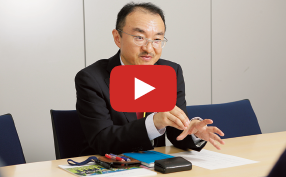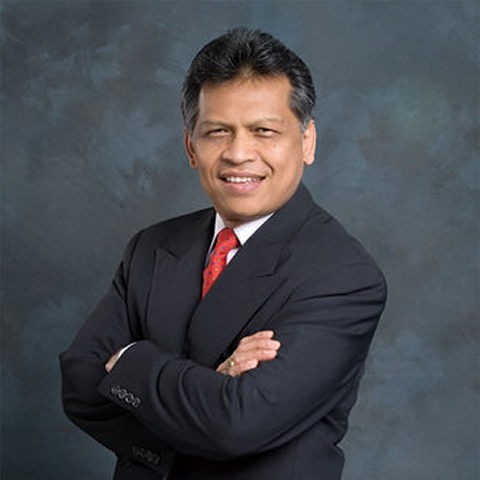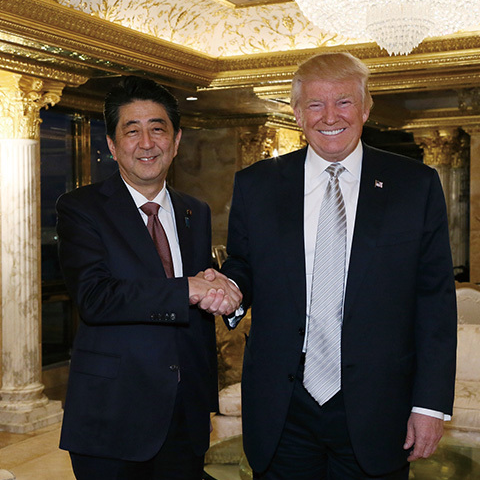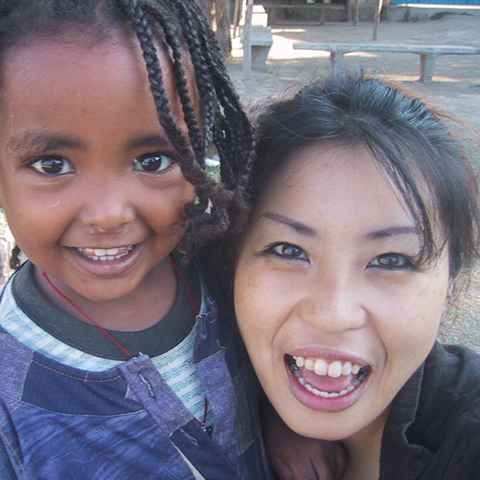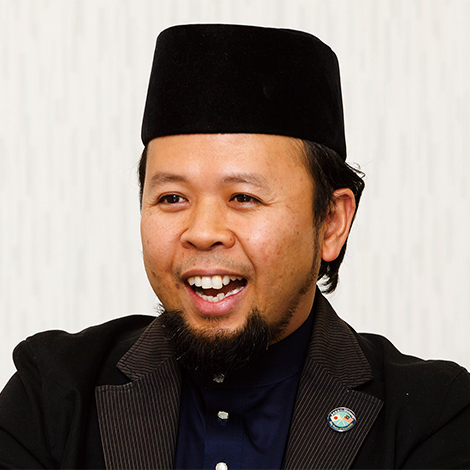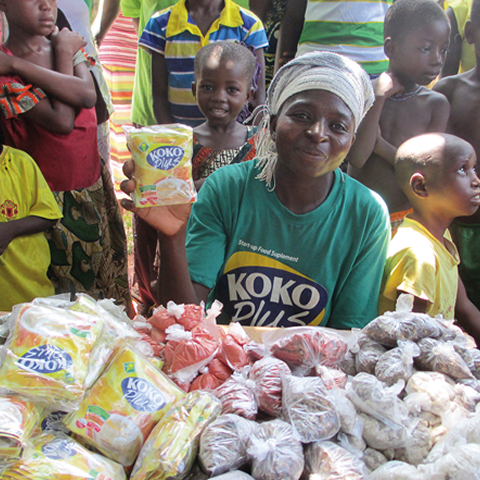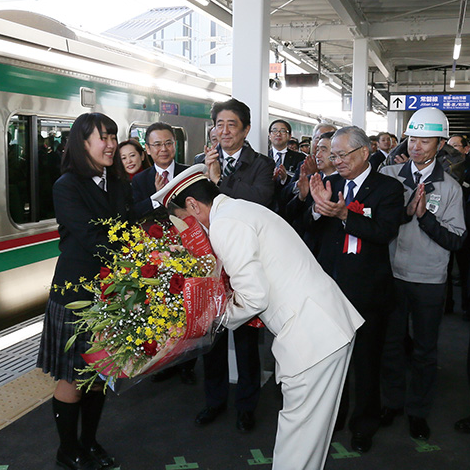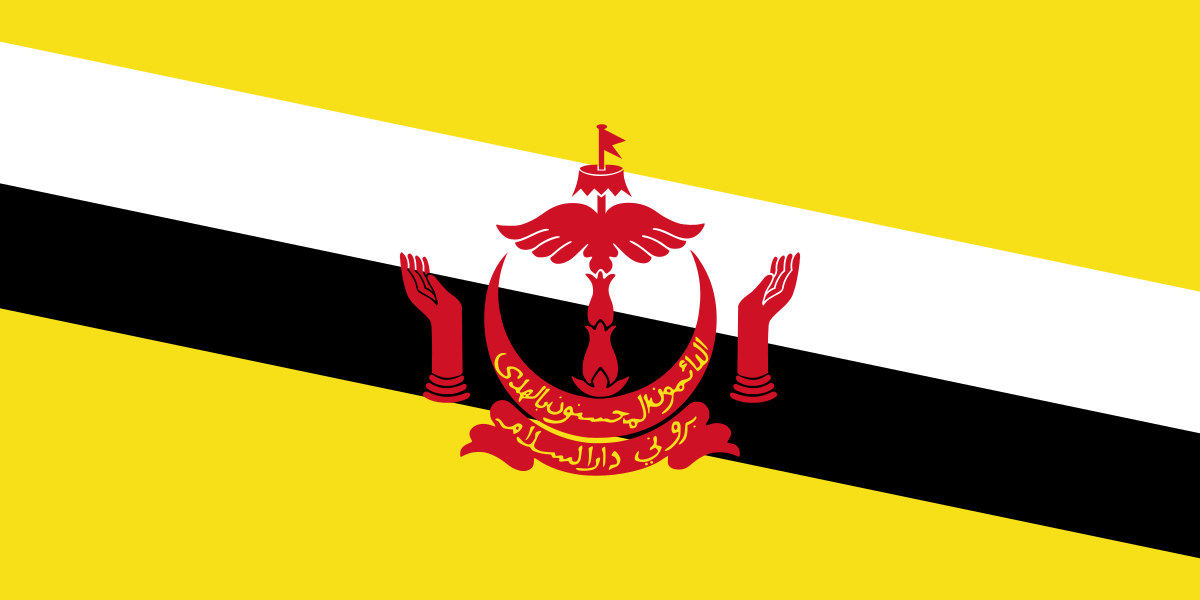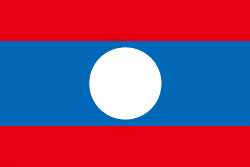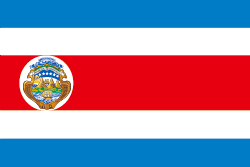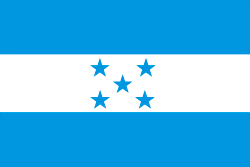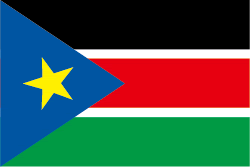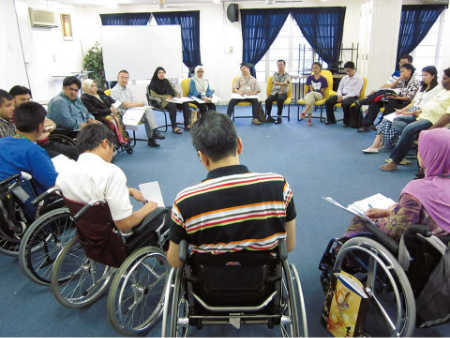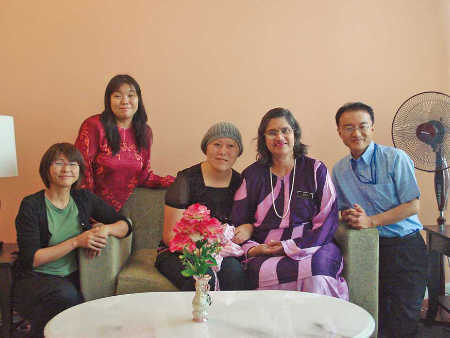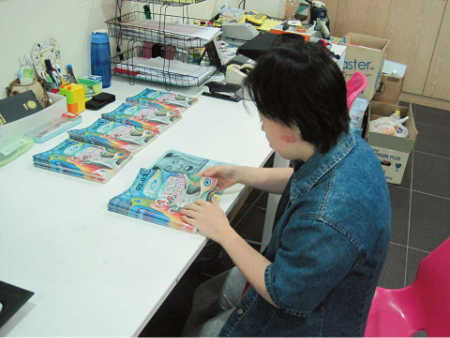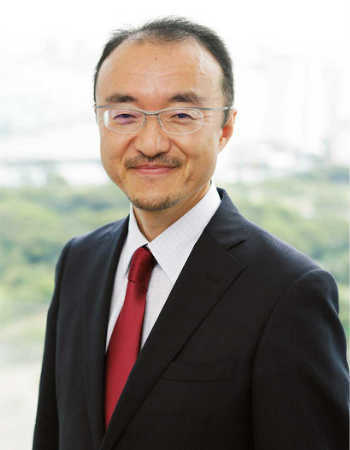“The traditional view has been that in order for people with disabilities to take part in society, they need to improve their functional impairments as individuals. This means that if someone is unable to walk, for example, recovering that ability comes first. But diversity of people is the reality and essence of our society.
Instead of trying to change individuals, we should aim at transforming our social structures.” Dr. Kenji Kuno, a leading figure in the field of disability and development, has adopted this “social model of disability” for the projects on disability he has undertaken in developing countries.
Dr. Kuno has been involved in the field of disability in Malaysia for over 20 years. In 1991 he was assigned to the country’s Social Welfare Department as a Japan Overseas Cooperation Volunteer (JOCV) from the Japan International Cooperation Agency (JICA). And he has been directing a project to promote the independence and social participation of people with disabilities in Malaysia first as a JICA expert from 2005 and then as a senior advisor since 2008.
Dr. Kuno’s project has included various programs to support people with disabilities in becoming agents of social change in Malaysia. Disability Equality Training (DET), which familiarizes participants with the social model of disability, has had a particularly great impact on their thinking and behavior. Dr. Kuno declares, “People with disabilities who had previously had no place to go came to express their thanks and spoke of their new insights. In this way, I believe it was highly meaningful for them to learn the ideas of the social model.” For example, after the training, people who had previously thought that their inability to walk was the reason they could not go to work came to say, “Stairs are what’s stopping us. If that barrier were removed, we could work.”
On one occasion, a participant sent word that he wouldn’t be able to make it because he had bedsores and could not sit up. Hearing this, a Japanese short-term expert with disabilities said, “Why doesn’t he take part lying down?” Dr. Kuno himself was surprised and inspired by this suggestion: “I thought it was a sign of great progress to come up with this idea on the spot—the idea that we should put a bed in the room so that he could take part while lying down, rather than thinking that he couldn’t take part because he couldn’t sit up. I felt that the lesson that functional impairments did not prevent participation had taken.”
Apart from DET and other programs on disability, Dr. Kuno’s initiatives have included establishment of a support system for job seekers with disabilities and a related job coaching system. Malaysia’s Minister of Women, Family, and Community Development Rohani Abdul Karim has expressed appreciation for the support in creating systems for social participation of people with disabilities; it is a major accomplishment, she says, that the project reached a stage where Malaysia can independently train the human resources needed to operate the systems.
Those on the support-providing side at JICA and elsewhere have also altered their thinking as a result of this project, and it has become perfectly natural for volunteers and experts with disabilities to be posted overseas with proper supports.
“The attitudes of people with disabilities themselves are changing, and by contributing to society, they are encouraging many others. The impact is immeasurable,” says Dr. Kuno. People change, and society changes —that is what Dr. Kuno is working for.
A job coach (left) asks employees with disabilities at a supermarket about their work environment. Dr. Kuno is on the right.
Mayumi Narazaki (center) is a JOCV with intellectual disability assigned to the non-governmental organization United Voice. Yoko Sato (left) provides her with support. JICA is posting more volunteers with disabilities overseas together with supporters.
